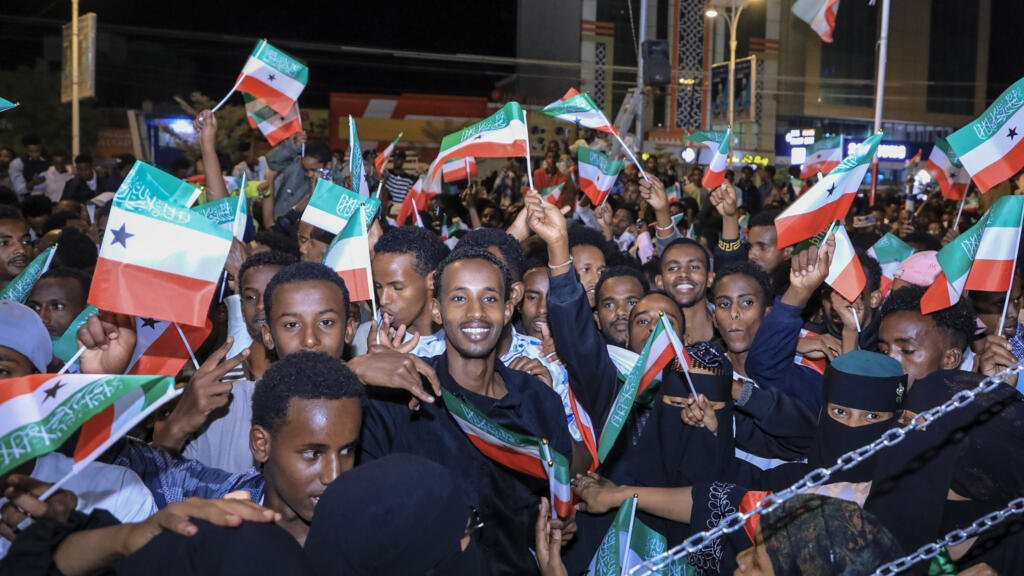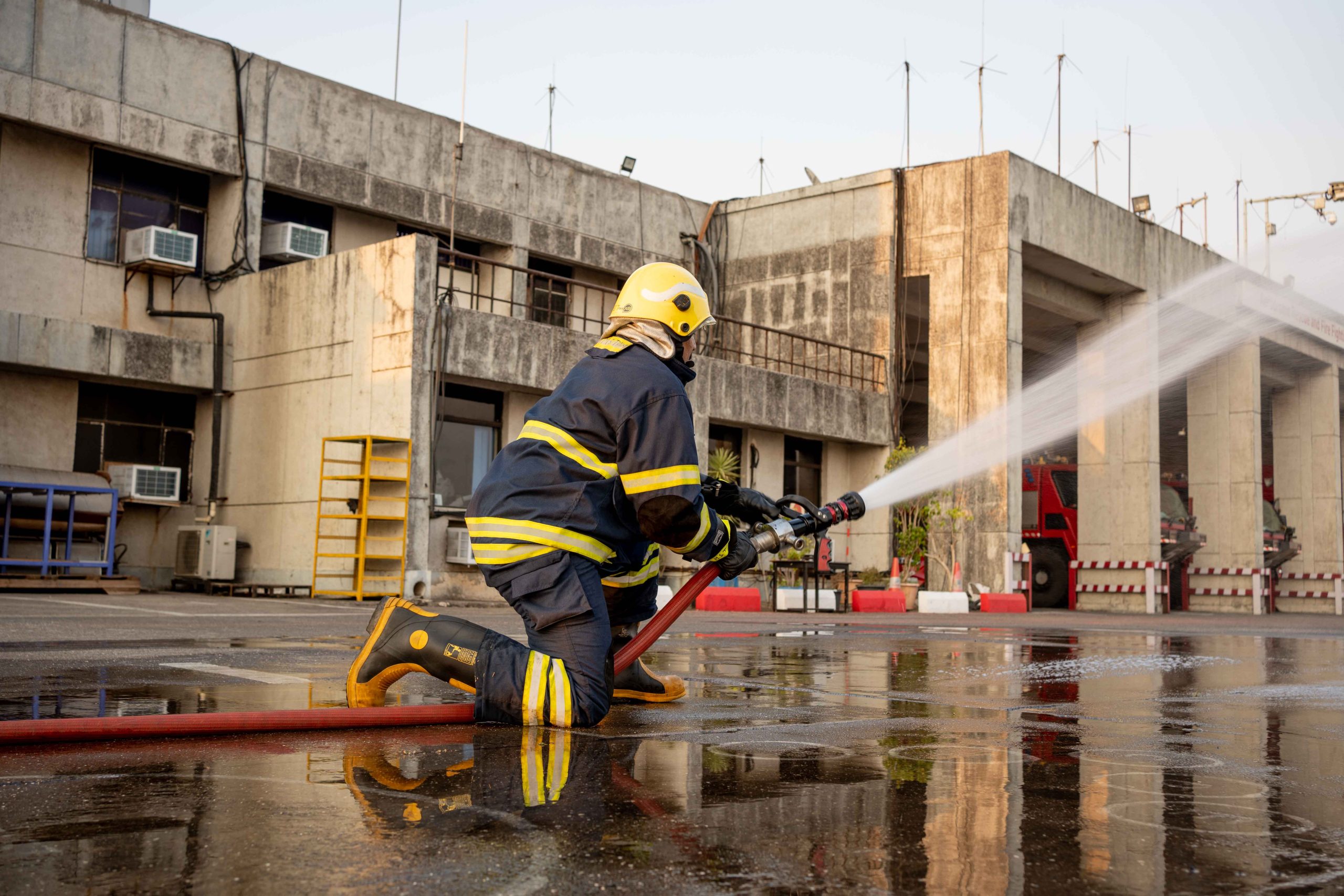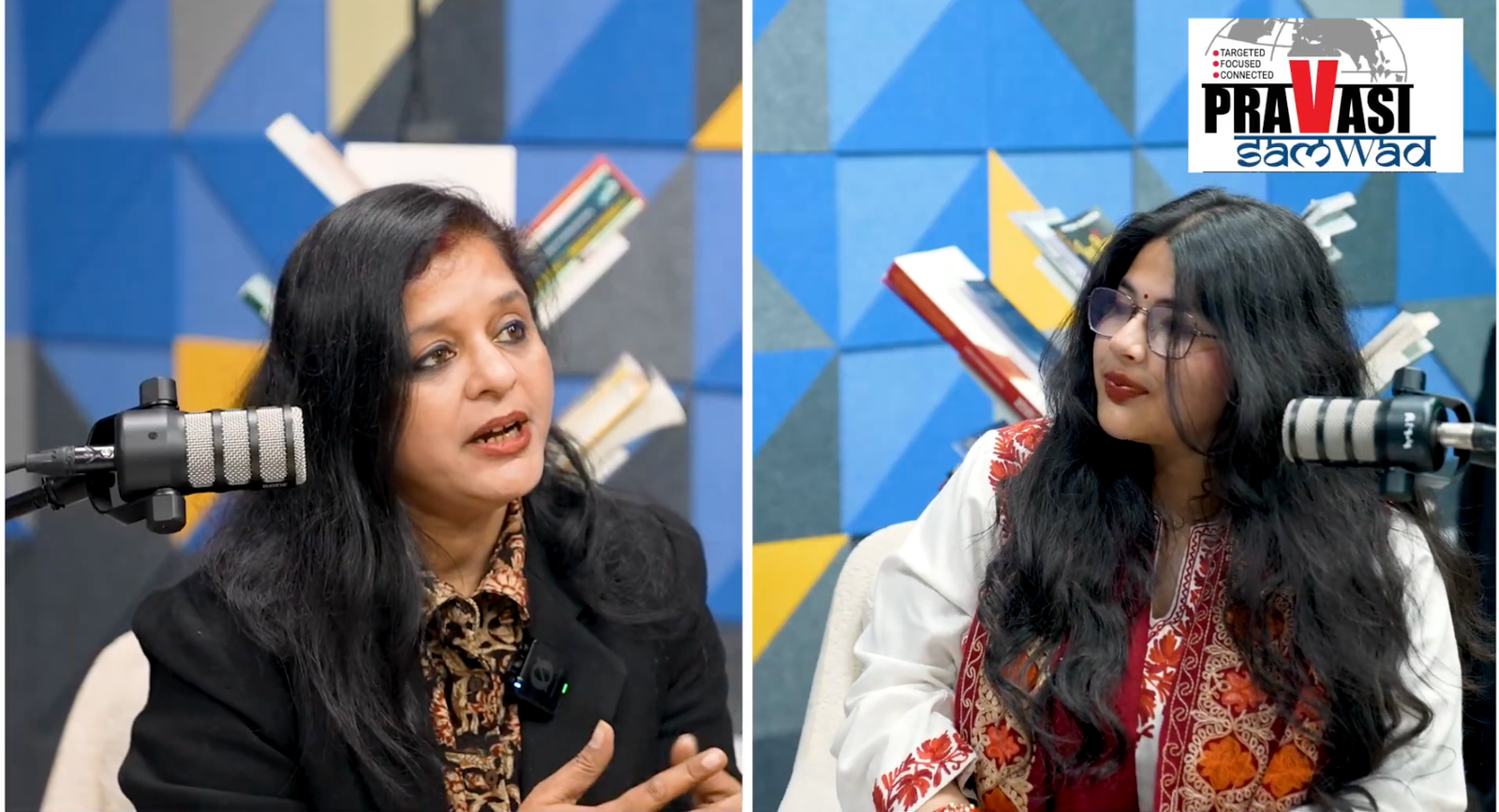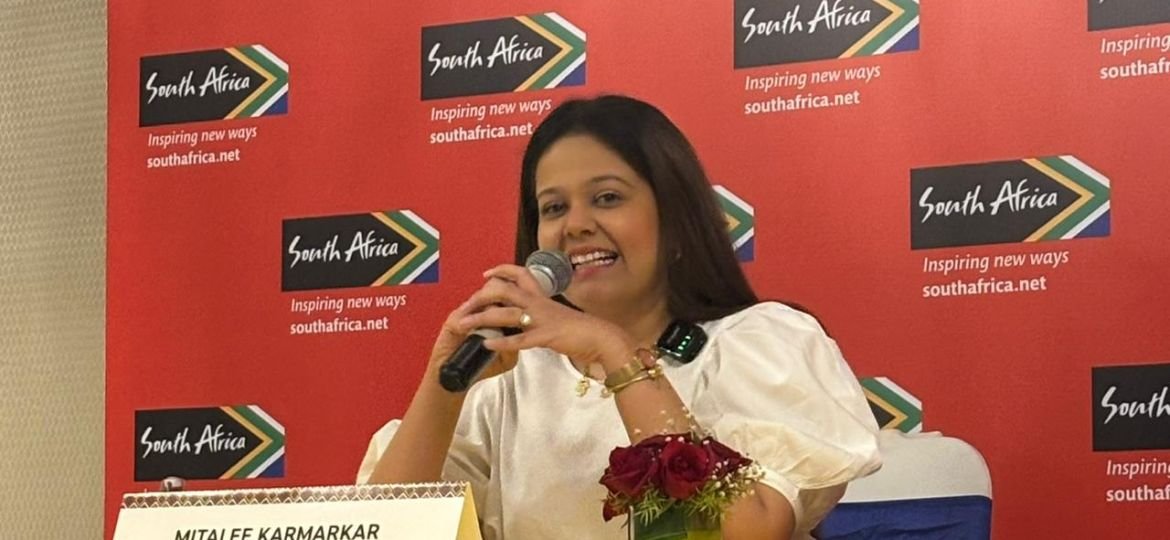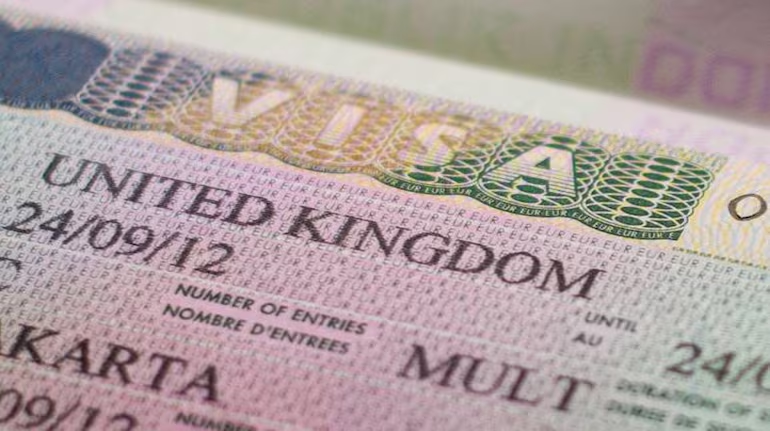WORLD MALARIA DAY PROVIDES AN OPPORTUNITY FOR THE GLOBAL COMMUNITY TO COME TOGETHER IN SOLIDARITY AND ACTION TO ACCELERATE PROGRESS TOWARDS A MALARIA-FREE WORLD.
World Malaria Day, observed on April 25th each year, serves as a global platform to raise awareness about malaria, mobilize resources for malaria prevention and treatment, and advocate for concerted efforts to combat this deadly disease. Malaria continues to pose a significant health threat to millions of people worldwide, particularly in sub-Saharan Africa, where the burden of the disease is most severe. On this occasion, it is imperative to reflect on progress made in the fight against malaria, acknowledge remaining challenges, and renew our commitment to ending this preventable and treatable disease.
Malaria, caused by the Plasmodium parasite transmitted through the bite of infected mosquitoes, remains one of the most significant public health challenges globally. According to the World Health Organization (WHO), an estimated 229 million cases of malaria occurred worldwide in 2019, resulting in approximately 409,000 deaths, with children under five years of age and pregnant women being the most vulnerable. Malaria not only causes immense suffering and loss of life but also undermines socioeconomic development in endemic regions, perpetuating a cycle of poverty and inequality.
Over the past two decades, concerted efforts by governments, international organizations, and civil society have led to significant progress in the fight against malaria. Increased funding for malaria control interventions, including the distribution of insecticide-treated bed nets, indoor residual spraying, and access to effective antimalarial drugs, has contributed to a substantial reduction in malaria cases and deaths in many endemic countries. However, progress has been uneven, with certain regions and populations still bearing a disproportionate burden of the disease.
The COVID-19 pandemic has further exacerbated challenges in malaria control efforts, disrupting essential health services, reducing access to malaria prevention and treatment interventions, and diverting resources away from malaria programs. As a result, there are concerns that malaria cases and deaths may increase in the coming years if urgent action is not taken to mitigate the impact of the pandemic on malaria control efforts.
On World Malaria Day, stakeholders across the globe come together to reaffirm their commitment to ending malaria. This year’s theme, “Zero Malaria – Draw the Line Against Malaria,” underscores the need for collective action to accelerate progress towards malaria elimination. Governments, international organizations, the private sector, civil society, and individuals must work collaboratively to strengthen malaria prevention, diagnosis, and treatment efforts, particularly in the context of the COVID-19 pandemic.
WORLD MALARIA DAY, OBSERVED ON APRIL 25TH EACH YEAR, SERVES AS A GLOBAL PLATFORM TO RAISE AWARENESS ABOUT MALARIA, MOBILIZE RESOURCES FOR MALARIA PREVENTION AND TREATMENT, AND ADVOCATE FOR CONCERTED EFFORTS TO COMBAT THIS DEADLY DISEASE.
Key priorities include:
- Scaling up access to life-saving malaria interventions, including insecticide-treated bed nets, indoor residual spraying, and antimalarial drugs.
- Enhancing surveillance and monitoring systems to track malaria transmission and response activities effectively.
- Investing in research and innovation to develop new tools and strategies for malaria prevention, diagnosis, and treatment.
- Strengthening health systems and community-based approaches to ensure equitable access to malaria services, particularly for vulnerable populations.
- Mobilizing domestic and international resources to sustain and expand malaria control and elimination efforts.
- Promoting multisectoral collaboration and partnerships to address underlying determinants of malaria, such as poverty, inequality, and environmental factors.
World Malaria Day provides an opportunity for the global community to come together in solidarity and action to accelerate progress towards a malaria-free world. By harnessing political commitment, mobilizing resources, and leveraging innovation and partnerships, we can overcome the challenges posed by malaria and achieve the ambitious goal of malaria elimination. On this occasion, let us renew our commitment to ending malaria and ensure that future generations are free from the burden of this preventable and treatable disease.
***********************************************************************
Readers
These are extraordinary times. All of us have to rely on high-impact, trustworthy journalism. And this is especially true of the Indian Diaspora. Members of the Indian community overseas cannot be fed with inaccurate news.
Pravasi Samwad is a venture that has no shareholders. It is the result of an impassioned initiative of a handful of Indian journalists spread around the world. We have taken a small step forward with the pledge to provide news with accuracy, free from political and commercial influence. Our aim is to keep you, our readers, informed about developments at ‘home’ and across the world that affect you.
Please help us to keep our journalism independent and free.
In these difficult times, running a news website requires finances. While every contribution, big or small, will make a difference, we request our readers to put us in touch with advertisers worldwide. It will be a great help.
For more information: pravasisamwad00@gmail.com




